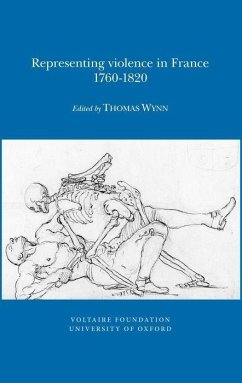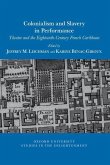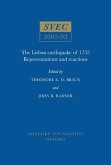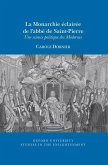Violence was an inescapable part of people's daily lives in eighteenth-century France. The Revolution in general and the Terror in particular were marked by intense outbursts of political violence, whilst the abuse of wives, children and servants was still rife in the home. But the representation of violence in its myriad forms remains aesthetically troublesome. Drawing on correspondence, pamphlets, novels and plays, authors analyse the portrayal of violence as a rational act, the basis of (re)written history, an expression of institutional power, and a challenge to morality. Contributions include explorations of: the use of the dream sequence in fiction to comprehend violence; how rhetoric can manipulate violent historical truth as documented by Burke in his Reflections on the Revolution in France; the political implications of commemorating the massacre at the Tuileries of 10 August 1792; how Sade's graphic descriptions of violence placed the reader in a morally ambivalent position; the differing responses of individuals subjected to brutal incarceration at Vincennes and the Bastille; the constructive force of violence as a means of creating a sense of self.







